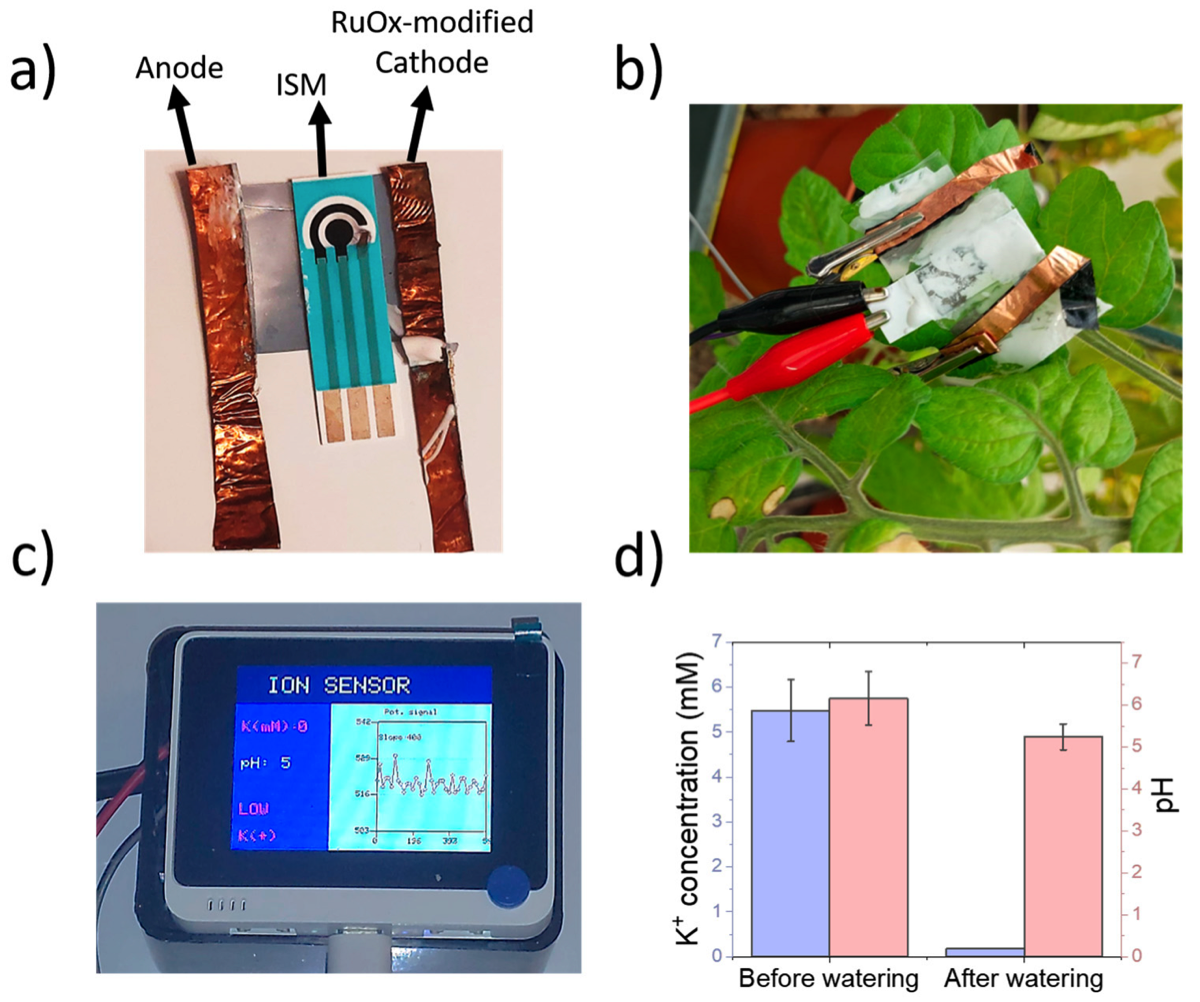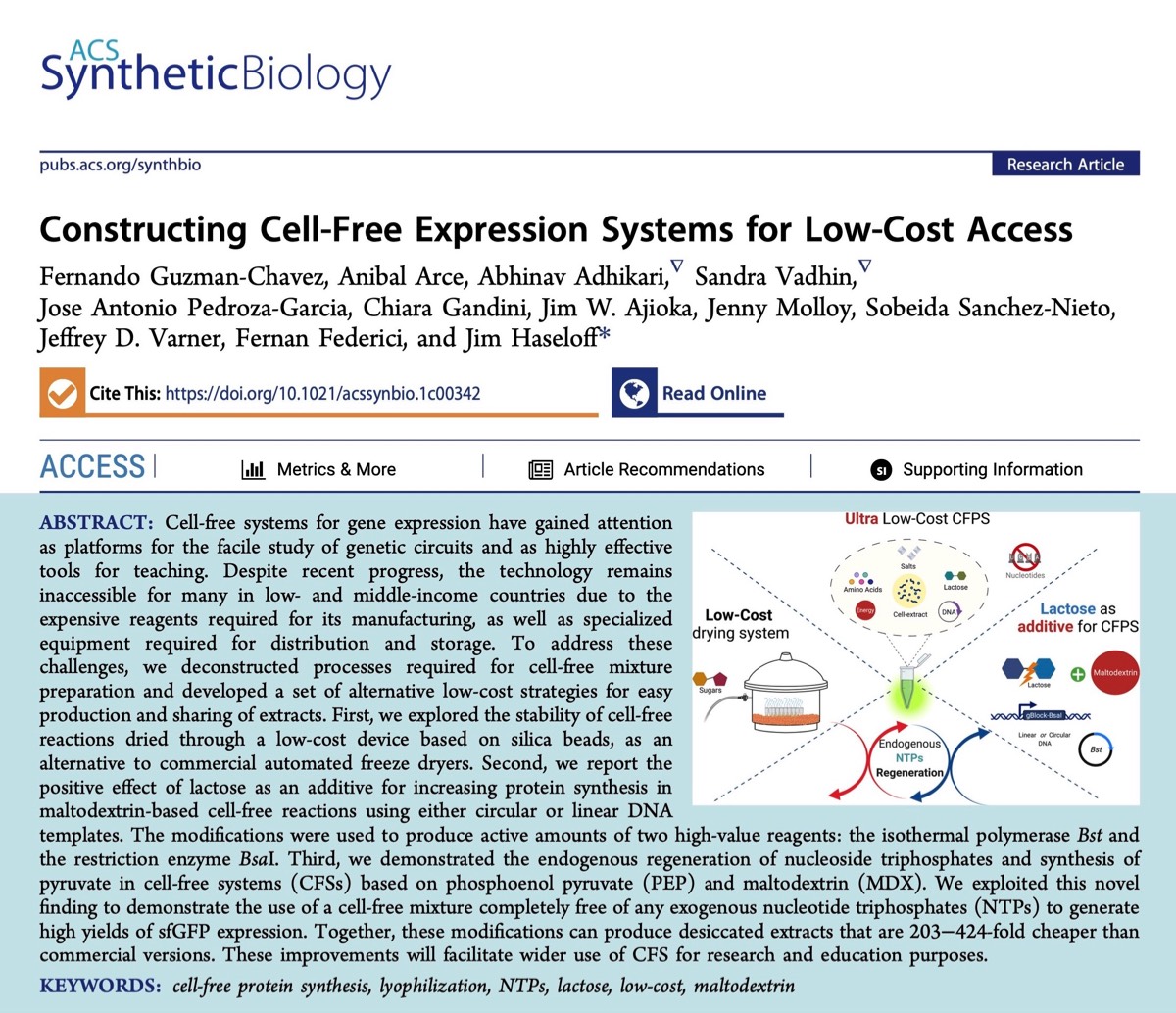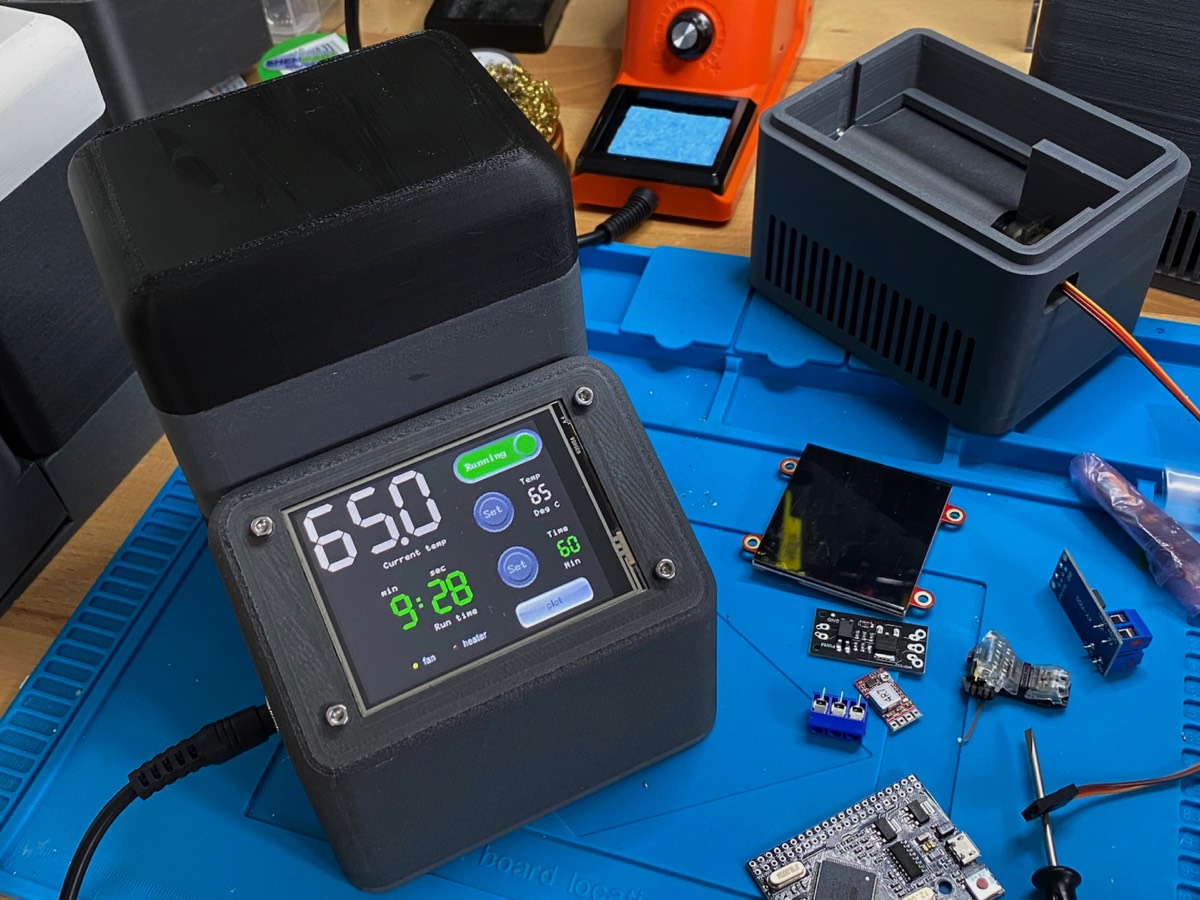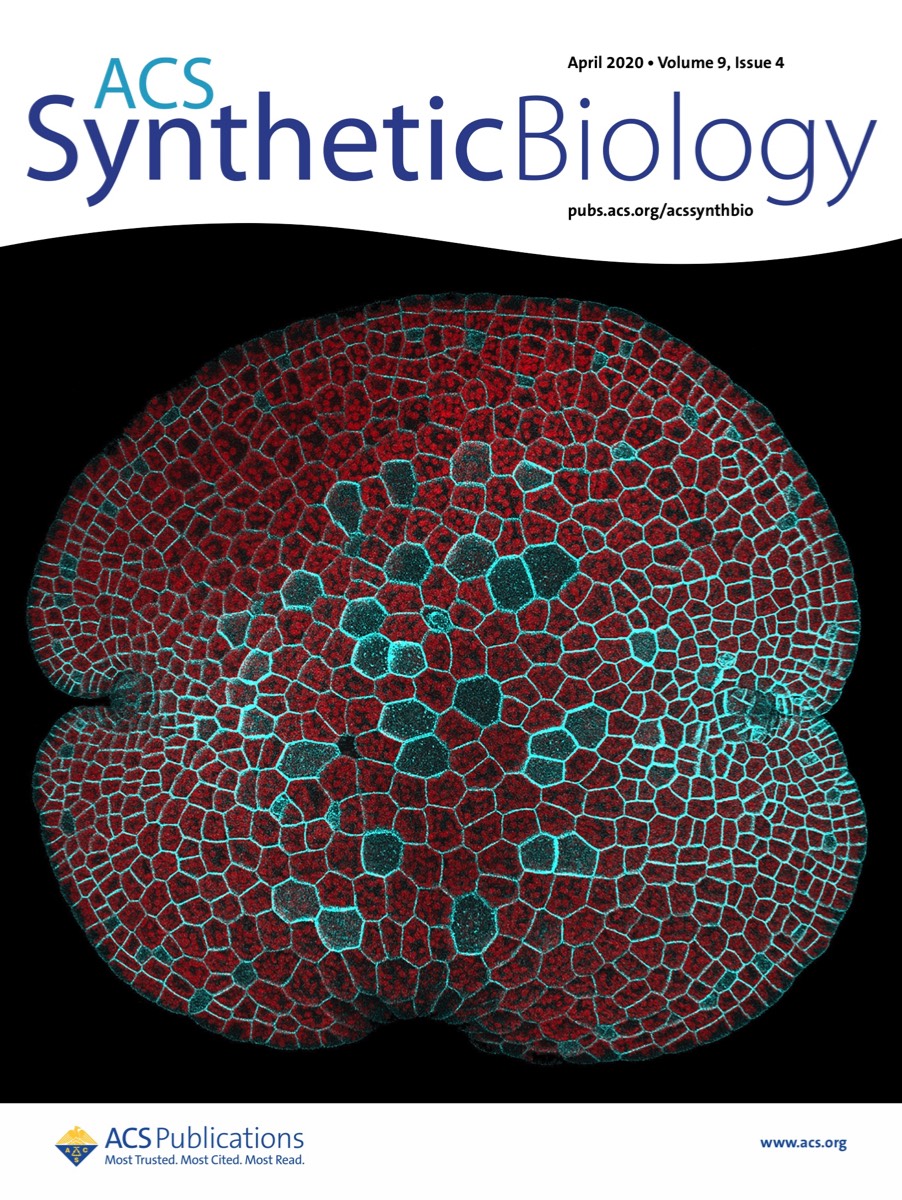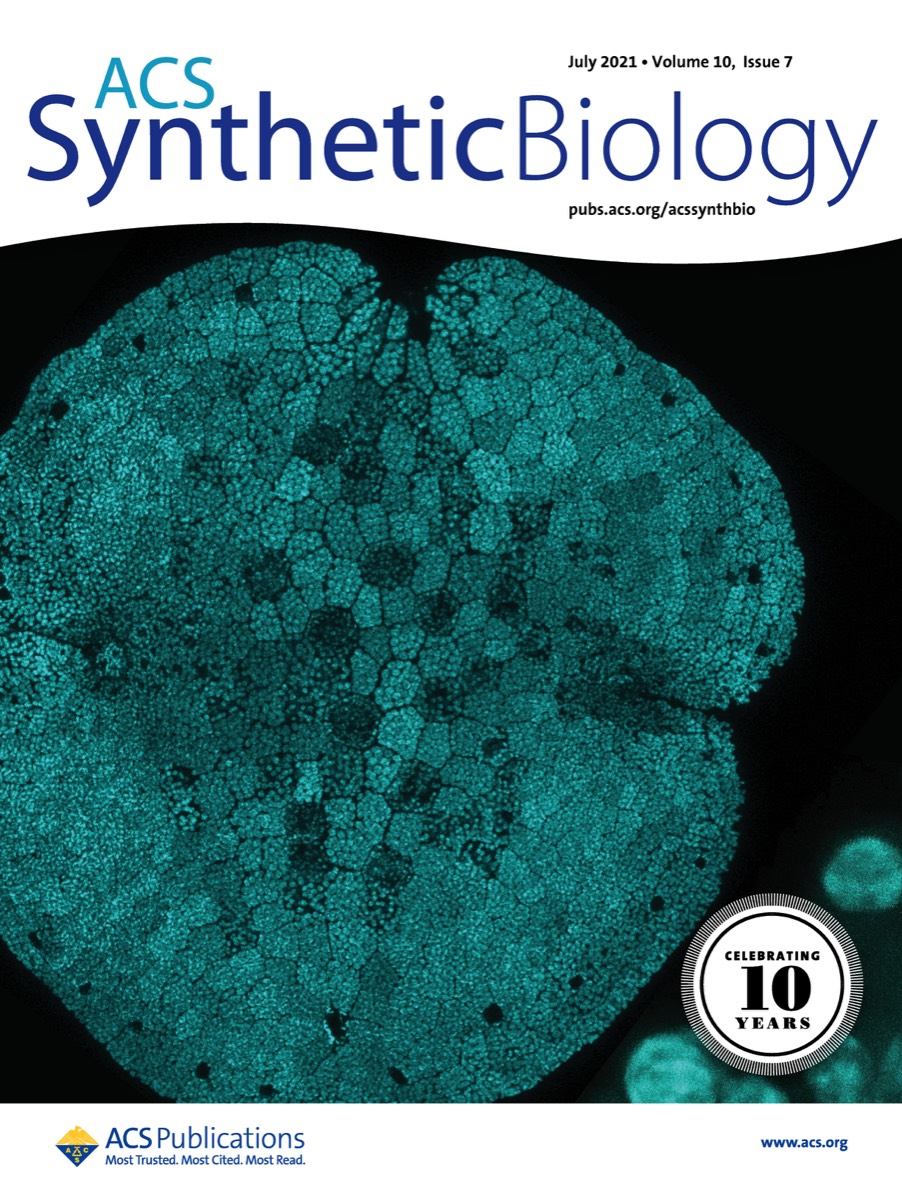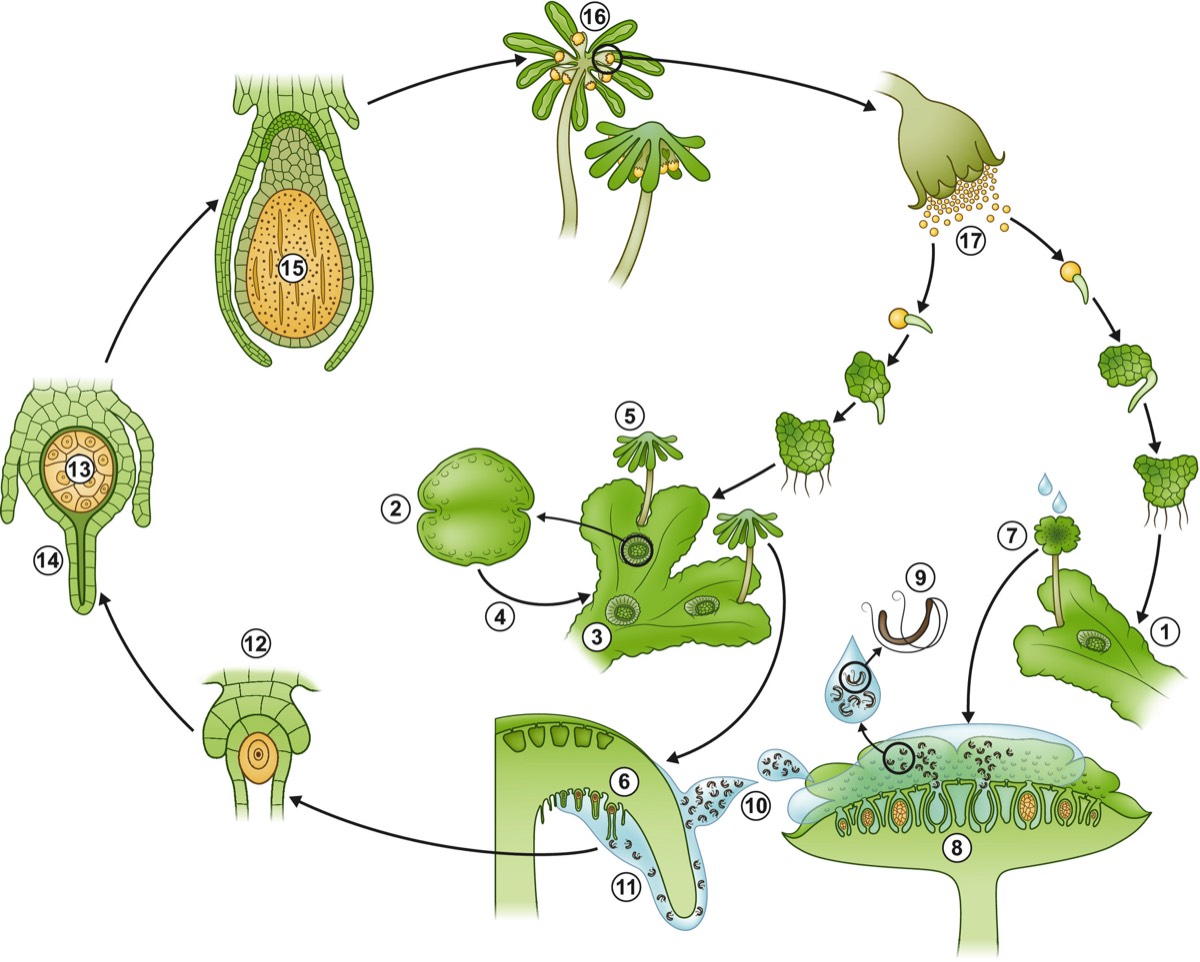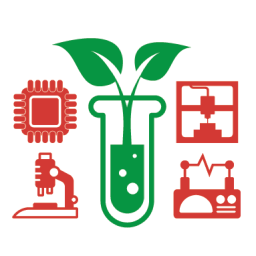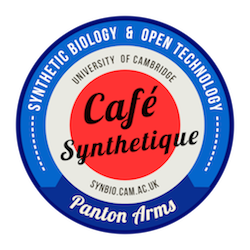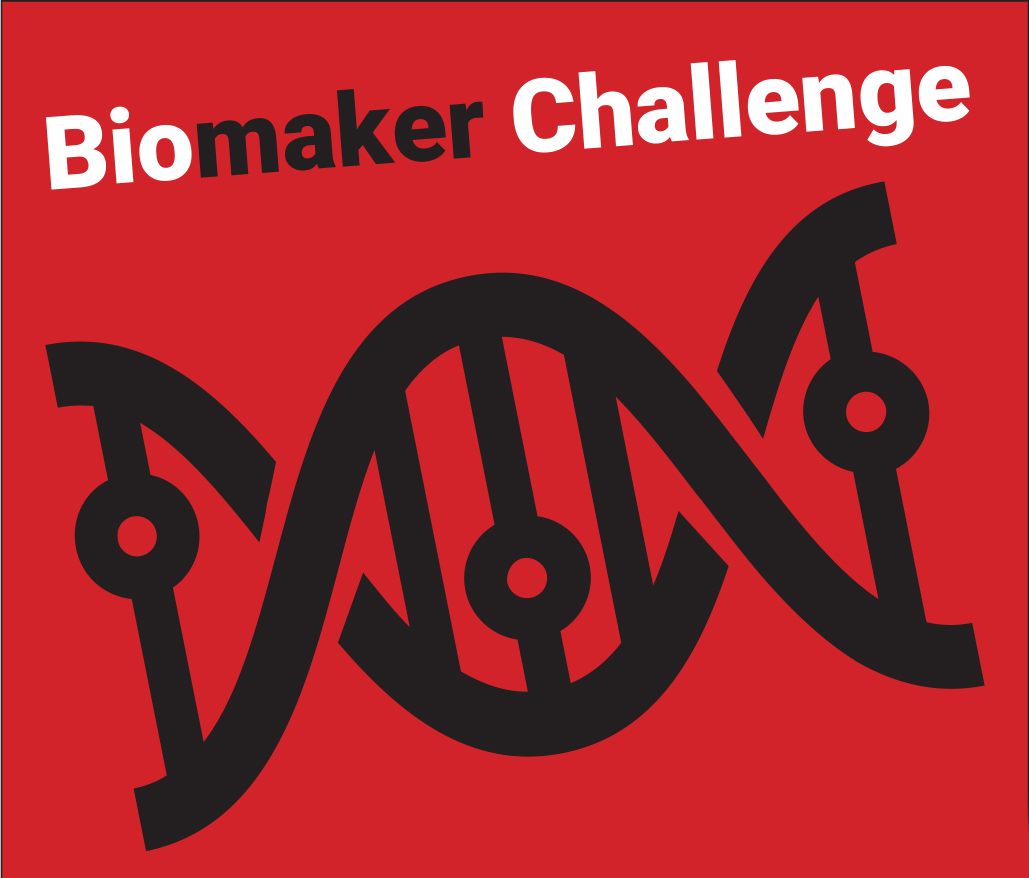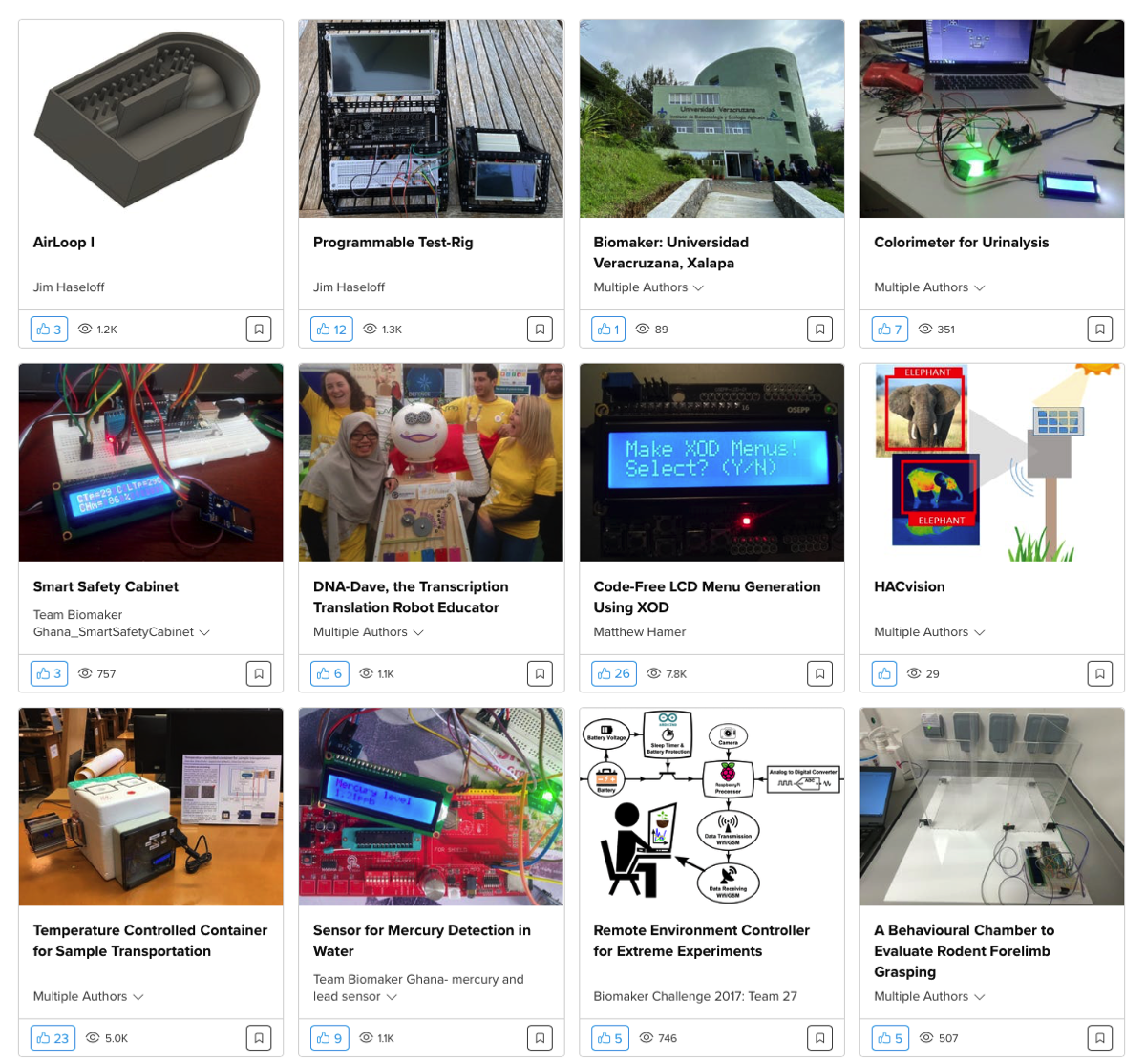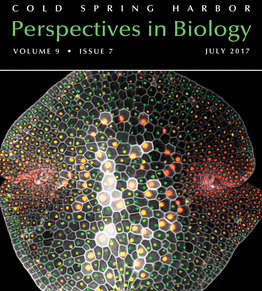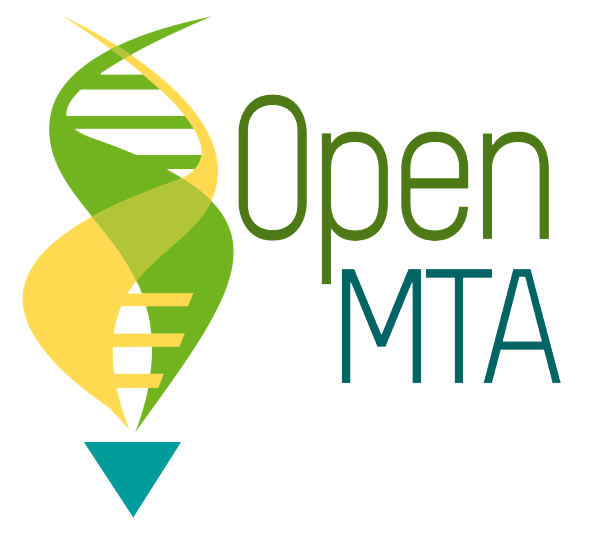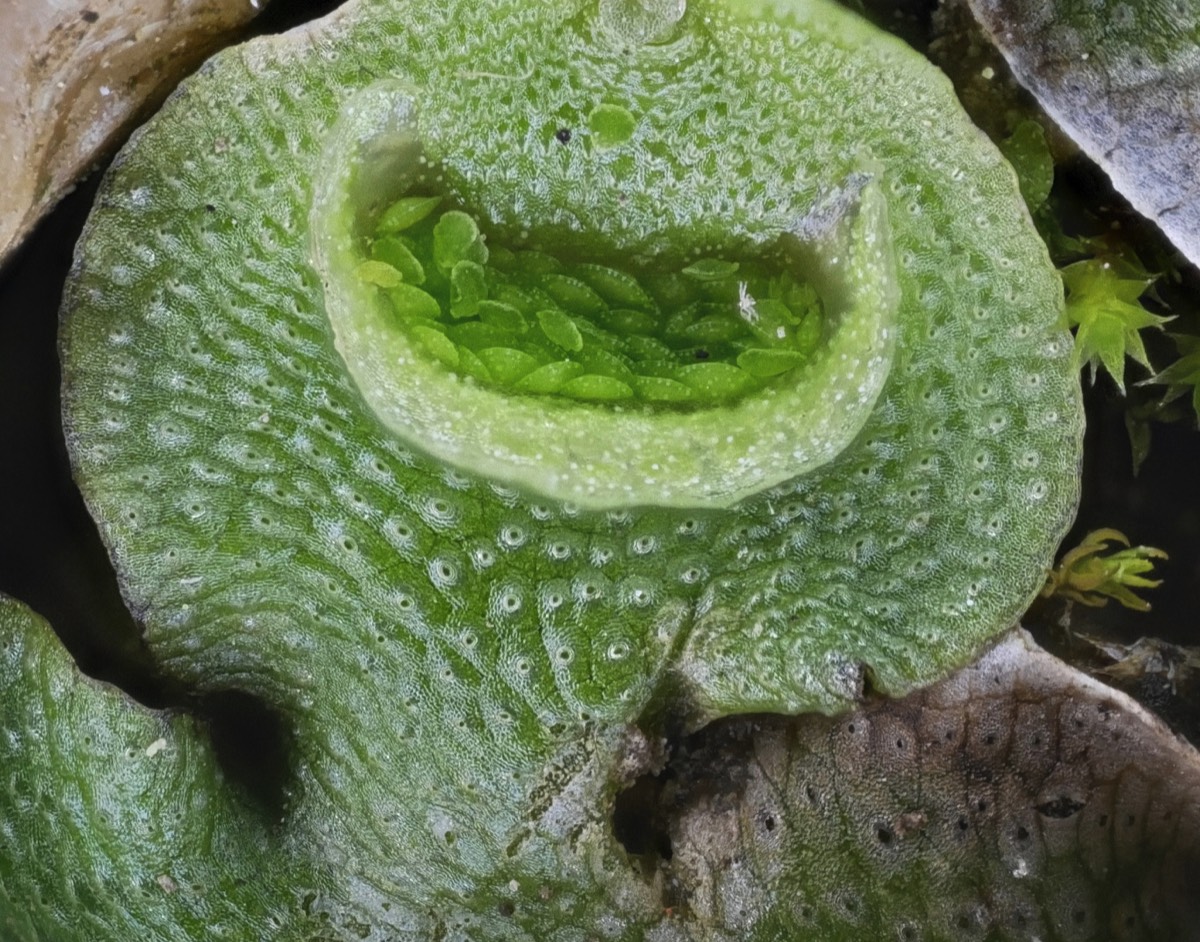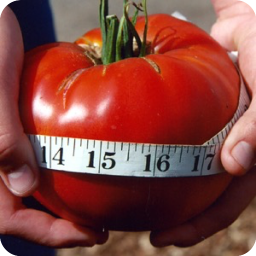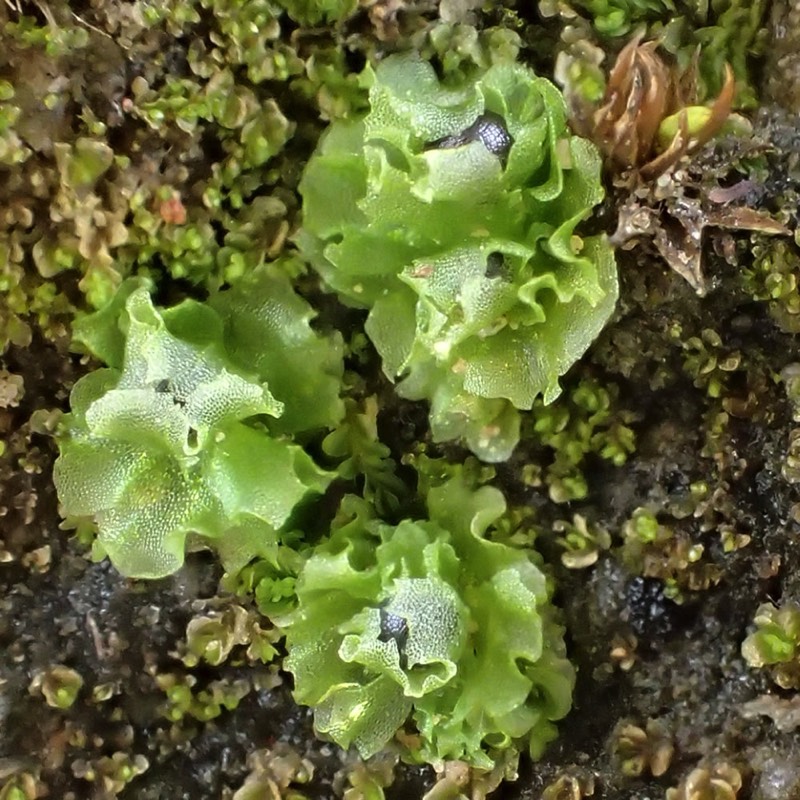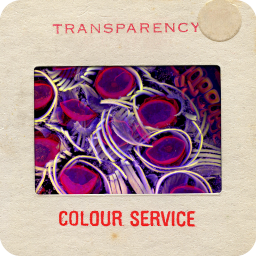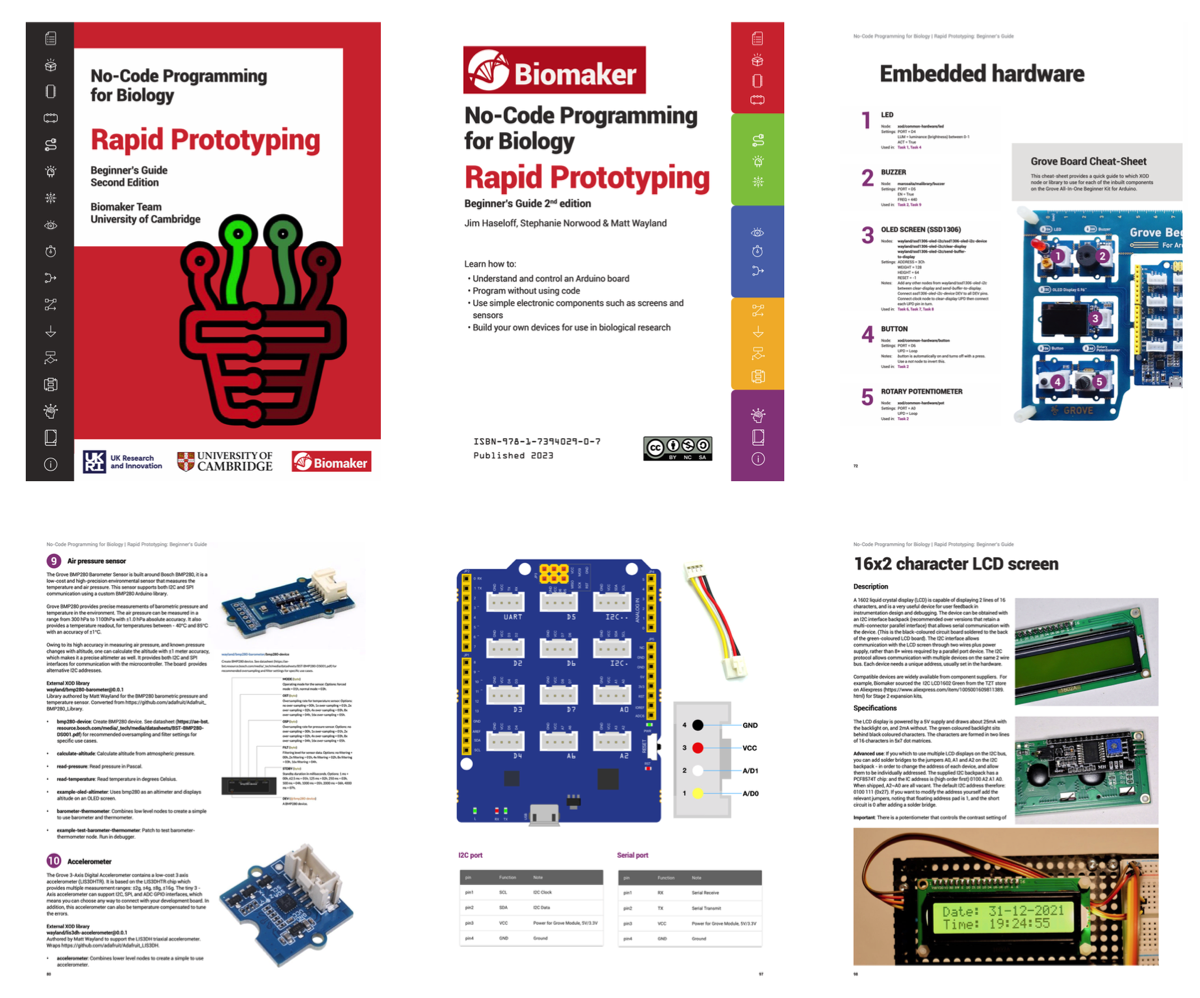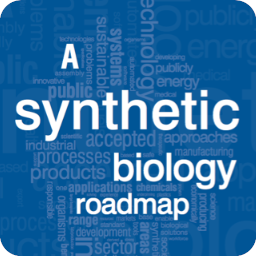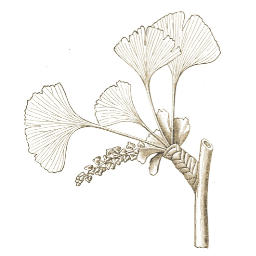Engineering plant growth
Synthetic Biology is an emerging field that employs engineering principles for constructing genetic systems. The approach is based on the use of well characterised and reusable components, and numerical models for the design of biological circuits.
We have constructed a series of tools for controlling gene misexpression and marking specific cells in growing plants. We are building a new generation of genetic circuits that incorporate intercellular communication, and could be used to generate self-organised behaviour at the cellular scale. These can be used to reprogram plant development and morphogenesis. We have chosen Marchantia polymorpha as a simple model system for understanding and engineering plant growth. This lower plant provides unparalleled benefits in ease of culture, simple genome, haploid genetics, open form of development and rapid growth and regeneration, and is an ideal partner for modern quantitative analytical tools.
We have constructed a series of tools for controlling gene misexpression and marking specific cells in growing plants. We are building a new generation of genetic circuits that incorporate intercellular communication, and could be used to generate self-organised behaviour at the cellular scale. These can be used to reprogram plant development and morphogenesis. We have chosen Marchantia polymorpha as a simple model system for understanding and engineering plant growth. This lower plant provides unparalleled benefits in ease of culture, simple genome, haploid genetics, open form of development and rapid growth and regeneration, and is an ideal partner for modern quantitative analytical tools.
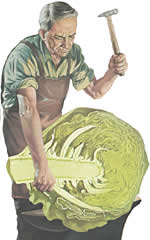
COVID19 laboratory procedures: https://app.clustermarket.com/login (Online booking system for use of lab equipment)
Recent publications, events and resources
A Simple Reversed Iontophoresis-Based Sensor to Enable In Vivo Multiplexed Measurement of Plant Biomarkers Using Screen-Printed Electrodes.
Ruiz-Gonzalez A, Kempson H, Haseloff J. Sensors. 2023
Description of a low-cost sensing device that can be used for the simultaneous determination of sap K+ and pH in living plants by means of reverse iontophoresis.
Ruiz-Gonzalez A, Kempson H, Haseloff J. Sensors. 2023
Description of a low-cost sensing device that can be used for the simultaneous determination of sap K+ and pH in living plants by means of reverse iontophoresis.
In Vivo Sensing of pH in Tomato Plants Using a Low-Cost and Open-Source Device for Precision Agriculture.
Ruiz-Gonzalez A, Kempson H, Haseloff J. Biosensors. 2022
This work presents the application of ruthenium oxide-based nanofilms for the in vivo monitoring of pH in plants.
Ruiz-Gonzalez A, Kempson H, Haseloff J. Biosensors. 2022
This work presents the application of ruthenium oxide-based nanofilms for the in vivo monitoring of pH in plants.
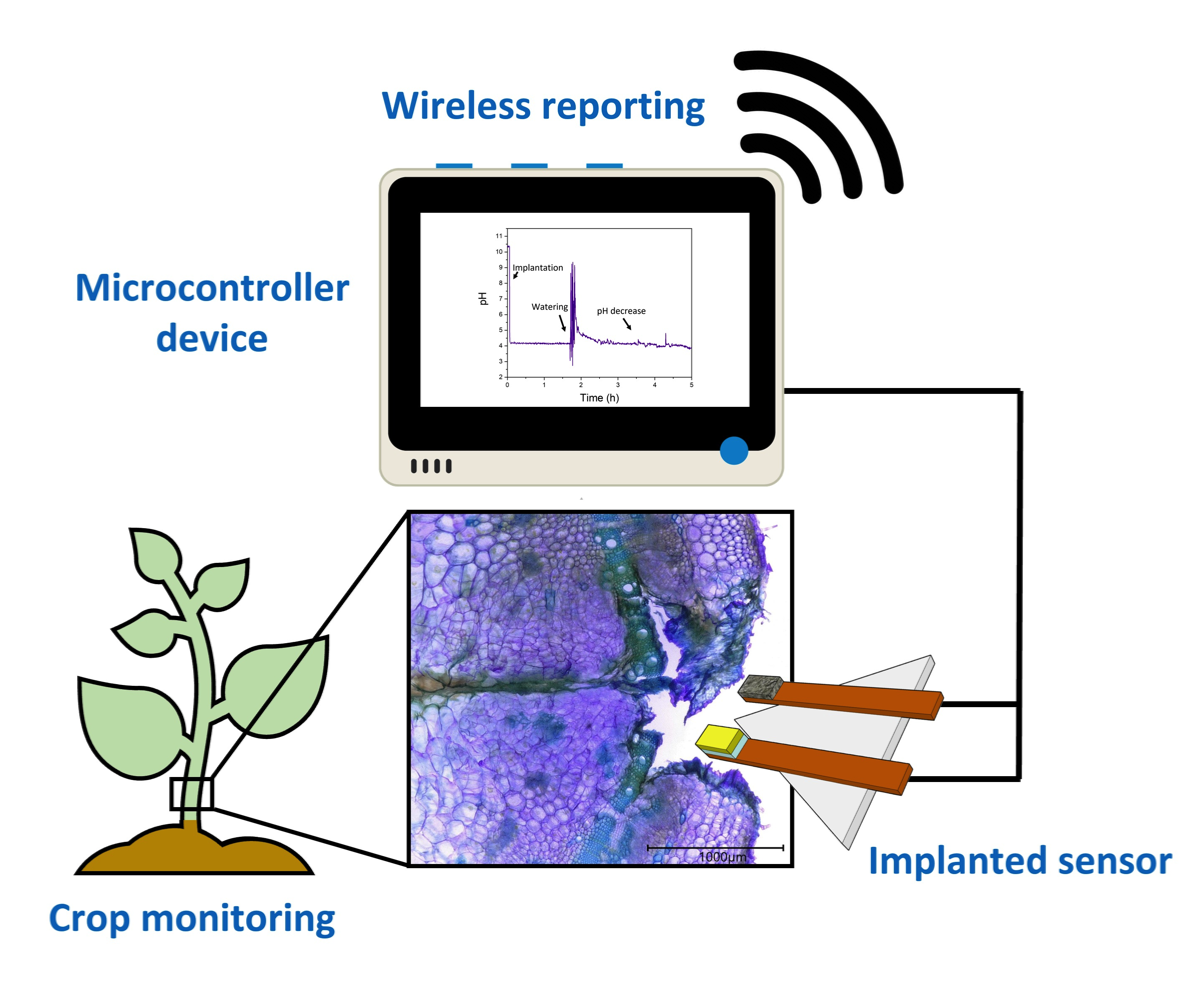
Low cost cell-free expression
We deconstructed processes required for cell-free mixture preparation and developed a set of alternative low-cost strategies for easy production and sharing of extracts. Together, these modifications can produce desiccated extracts that are 200 to 400-fold cheaper than commercial versions.
We deconstructed processes required for cell-free mixture preparation and developed a set of alternative low-cost strategies for easy production and sharing of extracts. Together, these modifications can produce desiccated extracts that are 200 to 400-fold cheaper than commercial versions.
Design of low-cost microreactors for isothermal diagnostics and DNA engineering
We are exploring the design of air heated manifolds for low cost microreactors. Cheap auto fan heaters can be used as heat sources, and custom vessels built using 3D printing. These kinds of devices are highly customisable and potentially useful for molecular diagnostics, global training and education in programmable biology.
We are exploring the design of air heated manifolds for low cost microreactors. Cheap auto fan heaters can be used as heat sources, and custom vessels built using 3D printing. These kinds of devices are highly customisable and potentially useful for molecular diagnostics, global training and education in programmable biology.
Construction of DNA Tools for Hyperexpression in Marchantia Chloroplasts
Eftychios Frangedakis, Fernando Guzman-Chavez, Marius Rebmann, Kasey Markel, Ying Yu, Artemis Perraki, Sze Wai Tse, Yang Liu, Jenna Rever, Susanna Sauret-Gueto, Bernard Goffinet, Harald Schneider and Jim Haseloff. ACS Synth Biol 10:1651-1666 (2021).
Eftychios Frangedakis, Fernando Guzman-Chavez, Marius Rebmann, Kasey Markel, Ying Yu, Artemis Perraki, Sze Wai Tse, Yang Liu, Jenna Rever, Susanna Sauret-Gueto, Bernard Goffinet, Harald Schneider and Jim Haseloff. ACS Synth Biol 10:1651-1666 (2021).
Systematic Tools for Reprogramming Plant Gene Expression in a Simple Model, Marchantia polymorpha
Susanna Sauret-Güeto, Eftychios Frangedakis, Linda Silvestri, Marius Rebmann, Marta Tomaselli, Kasey Markel, Mihails Delmans, Anthony West, Nicola J. Patron, and Jim Haseloff, ACS Synth. Biol. 2020, 9, 4, 864–882 (2020).
Susanna Sauret-Güeto, Eftychios Frangedakis, Linda Silvestri, Marius Rebmann, Marta Tomaselli, Kasey Markel, Mihails Delmans, Anthony West, Nicola J. Patron, and Jim Haseloff, ACS Synth. Biol. 2020, 9, 4, 864–882 (2020).
DNA methylation in the liverwort Marchantia polymorpha
Adolfo Aguilar‐Cruz, Daniel Grimanelli, Jim Haseloff & Mario Alberto Arteaga‐Vázquez New Phytologist 223(2):575-581 (2019)
Adolfo Aguilar‐Cruz, Daniel Grimanelli, Jim Haseloff & Mario Alberto Arteaga‐Vázquez New Phytologist 223(2):575-581 (2019)
Synthetic Biology initiatives in Cambridge
We help to organise a range of Synthetic Biology themed initiatives that promote interdisciplinary exchange between Biology, Computer Sciences and Engineering in Cambridge though informal meet-ups, forums, project-based training and shared research projects.
EngBio IRC: Maintains an online clearing house for information about engineering biology at the University of Cambridge. http://www.engbio.cam.ac.uk
OpenPlant: Research centre to promote open technologies for plant Synthetic Biology. https://www.openplant.org
Biomaker: Project funding for construction of low-cost devices for biology. For more information see: https://www.biomaker.org
Events: networking and interdisciplinary forums and discussion groups. http://www.meetup.com/Cambridge-Synthetic-Biology-Meetup
OpenPlant: Research centre to promote open technologies for plant Synthetic Biology. https://www.openplant.org
Biomaker: Project funding for construction of low-cost devices for biology. For more information see: https://www.biomaker.org
Events: networking and interdisciplinary forums and discussion groups. http://www.meetup.com/Cambridge-Synthetic-Biology-Meetup
Our No-Code Programming Workshops are running again in 2023. These events support interdisciplinary training and projects that promote a maker ethos in science and sharing of open source software and hardware systems, graphical programming, 3D printing technologies and open biological tools. More details can be found at www.biomaker.org.
See a compilation of Biomaker projects (as well as online tutorials) at https://www.hackster.io/biomaker/. The Hackster platform allows self-publication of materials lists and "how-to-build" instructions for hardware projects. Also download our No-Code Programming Handbook at: https://www.biomaker.org/nocode-programming-for-biology-handbook
Scientific themes in the lab
Synthetic Botany
Plants modular and plastic body plans, capacity for photosynthesis, extensive secondary metabolism, and agronomic systems for large-scale production make them ideal targets for genetic reprogramming. Christian R. Boehm, Bernardo Pollak, Nuri Purswani, Nicola Patron, and Jim Haseloff. Cold Spring Harbor Perspectives in Biology: Synthetic Biology 1-19, (2017). Click to download PDF
OpenMTA: Opening options for material transfer
The Open Material Transfer Agreement enables practical, broader sharing and use of biological materials by biotechnology practitioners. Linda Kahl, Jennifer Molloy, Nicola Patron, Colette Matthewman, Jim Haseloff, David Grewal, Richard Johnson & Drew Endy. Nature Biotechnology doi.org/10.1038/nbt.4263, (2018). Click to download PDF
Tools for macrophotography of liverworts in the field
Jim's hints: camera systems suitable for field work and documentation of small plants in the field. Camera setup and modification for high-speed, handheld focus stacking - including a comparison of the new Olympus TG-5 camera, modification of the Panasonic GX80 camera, and choice of a tripod that is well-suited for macrophotography of small plants, like bryophytes. More technical information at: https://www.hackster.io/jim-haseloff/
Lab publications
Find a list of published papers and patent applications from the lab compiled here. These can be downloaded directly as PDFs.
Teaching materials
Updated and new reference materials, including lecture notes, slides and PDFs can be found for courses on Origins of Agriculture (NST PMS 1B), Plant Development (NST CDB 1B) and Synthetic Biology (NST PS 2), taught by Jim Haseloff at the University of Cambridge.
Images of liverworts in the field
See photo galleries of plants from the Australian Bryophyte Workshop in the Flinders Ranges
Microscopy image galleries
Navigate to the Imaging index page to find different galleries of microscopy images. These include a wide range of historic plant samples that have been collected at the Department of Plant Sciences in Cambridge, where conventional cytological stains are often highly fluorescent and reveal new features when imaged using modern multispectral confocal laser scanning microscopes.
Free resources
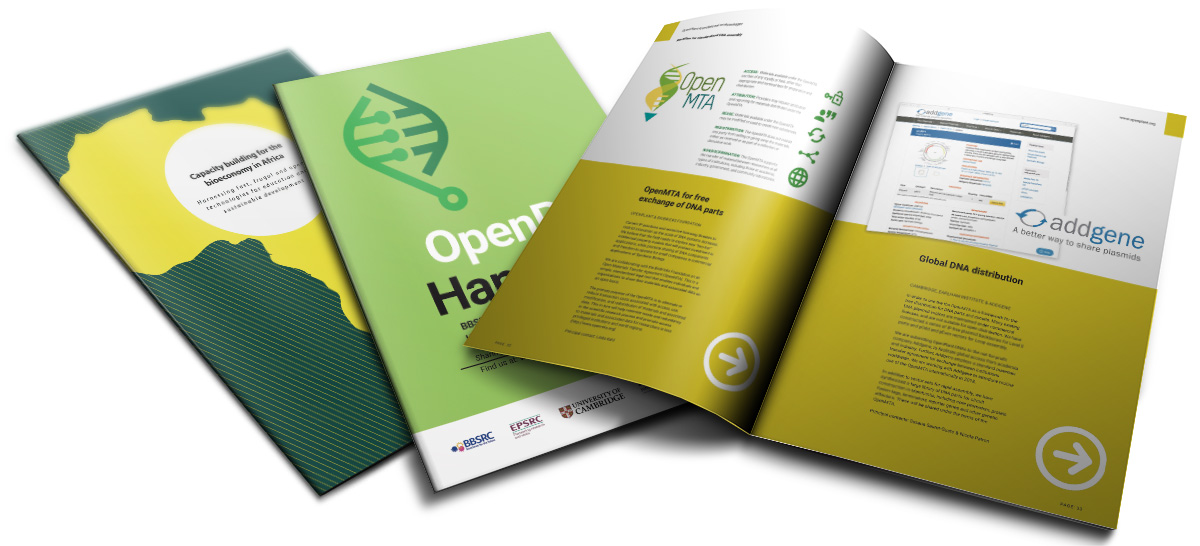
An introduction to OpenPlant, objectives, work programme and summary of recent progress. The Handbook also contains thumbnail sketches of OpenPlant researchers.
Download PDF version of Handbook (15 MB, 170 pages)
Download Expanded 2023 Biomaker Handbook for no-code programming and rapid prototyping.
Download Bakubung Report Capacity Building for the Bioeconomy in Africa (3.9 MB, 26 pages)
Download PDF version of Handbook (15 MB, 170 pages)
Download Expanded 2023 Biomaker Handbook for no-code programming and rapid prototyping.
Download Bakubung Report Capacity Building for the Bioeconomy in Africa (3.9 MB, 26 pages)
